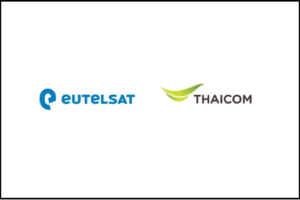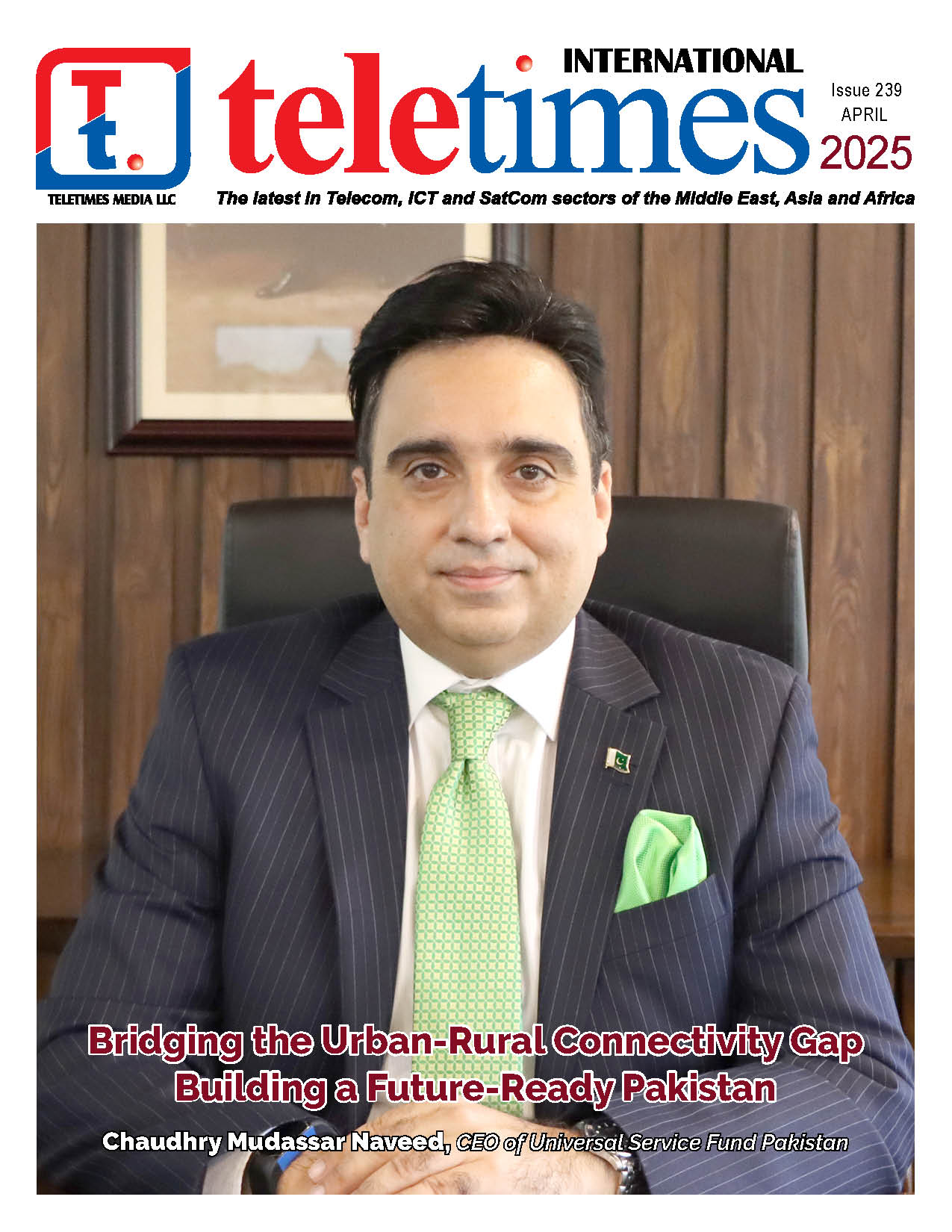Microsoft Corp joined the World Intellectual Property Organization (WIPO) in recognizing World Intellectual Property (IP) Day, an event that calls on the IT industry, governments and consumers to speak out about the importance of IP rights. Strong IP protections are central to instilling a culture of innovation, which can spur economic growth, create jobs and increase revenue for the broader industry and government organizations.
Microsoft believes that the global arena needs stronger IP protections in place to safeguard the industry’s ability to innovate, level the playing field for small businesses, and help local governments generate tax revenue through the legitimate sale and trade of genuine software.
“In addition to strengthening the economy, sound IP policies can help reduce software piracy and counterfeiting, which we know sap government resources, threaten legitimate businesses and expose consumers to the risks that come from using non-genuine software,” said David Finn, associate general counsel for Worldwide Anti-Piracy and Anti-Counterfeiting at Microsoft. “Software piracy and counterfeiting tend to thrive in places with weak IP protection, and this has an enormous, and negative impact on the global economy.”
According to a study commissioned by the International Chamber of Commerce in 2011,the global economic and social impacts of counterfeiting and piracy will reach $1.7 trillion (US) by 2015 and put 2.5 million legitimate jobs at risk each year. Conversely, the economic rewards for countries that strengthen IP protection and reduce piracy are substantial. According to an economic study by the Business Software Alliance, a reduction in the worldwide piracy rate by 10 percentage points in four years would create $142 billion in new economic activity and add nearly 500,000 new high-tech jobs around the world.
In a 2010 Microsoft-commissioned consumer perception survey of 38,000 consumers in 20 countries, nearly three-quarters of consumers wanted the industry and government to do more to protect them from risks associated with non-genuine software, including identity theft and virus attacks. By a three-to-one margin, consumers agreed that non-genuine software is not as safe to use as genuine software, and respondents named data loss and identity theft among their top concerns.
“Consumers and legitimate businesses are asking us to take action and reduce the risks that non-genuine software exposes them to, and we are 100 percent committed to helping them,” said Finn.“Microsoft invests heavily in technologies, education and enforcement programs to make software piracy more difficult, and we will continue to push for effective IP regulations on behalf of consumers and businesses.”
To help people and organizations around the world better understand the value of building a sound IP environment and the ramifications of using non-genuine software, Microsoft has posted information on IP licensing and laws on its website.
April 27, 2025











